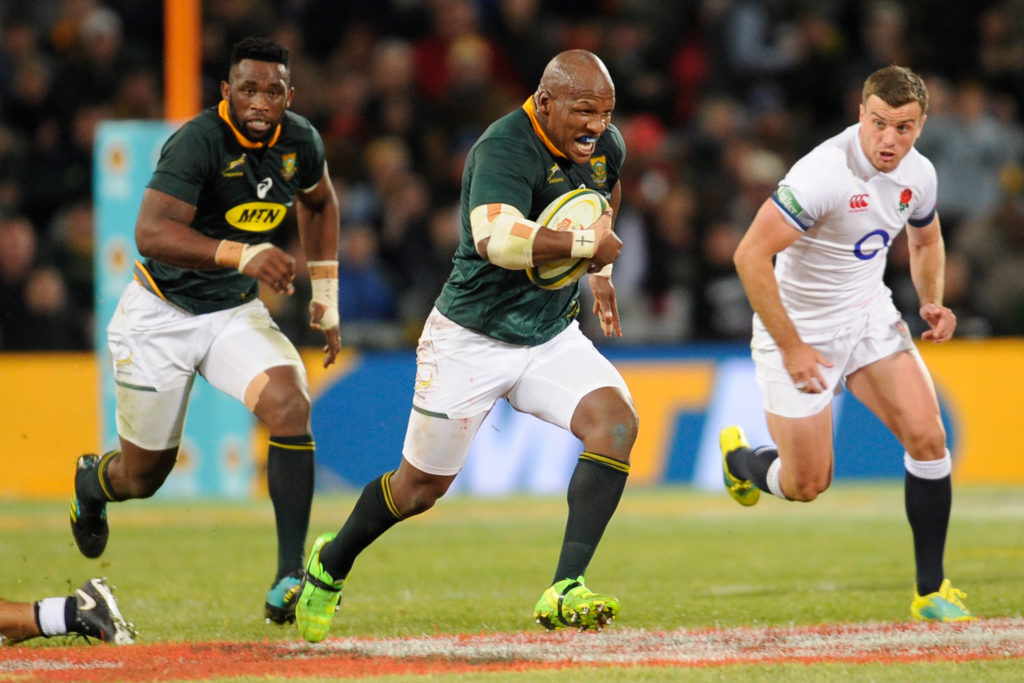A break from competition provides the opportunity to consider changes for the betterment of the game, writes former Springbok captain JEAN DE VILLIERS.
These are challenging times for the game. Unions are losing money following the suspension of major tournaments and fixtures. It is not yet known when the restrictions will be lifted or when play will resume.
Perhaps we can turn this negative into a positive. Before the Covid-19 outbreak, there was too much rugby and the product had become diluted and stale.
What was interesting to note following a ban on mass gatherings and ultimately the suspension of all professional contests was how the fans battled to adjust to a world without sport. Some believe that it’s a case of ‘you don’t know what you’ve got until it’s gone’. I would suggest that it’s further proof that less is more. We’re desperate for rugby because there’s no rugby on the go. We’re looking forward to the next big contest in anticipation.
Surely there’s a lesson there? Surely this situation provides us with the opportunity to reassess and reconsider what makes for a better product, and possibly what can generate greater revenue in the long run?
This crisis may well present rugby with a chance to make significant changes across the board. Many have already made the argument for a global season. I realise that there are various broadcasting contracts in place for the next four or five years, but the game cannot simply pick up from where it left off.
EXCLUSIVE: Global season a ‘no-brainer’ – Pichot
I’d like to see the overhaul starting with international windows. Test matches are crucial in that they draw the most interest. There should be a drive to fill the stadiums and to maximise viewership whenever these international games take place.
If national teams are playing 13 or 14 Tests a year, they must be given adequate time to prepare and travel. Perhaps it’s time to look at how those windows can be extended by a week or two. That would address the issue of player welfare and the final product.
We can’t expect teams to travel across countries and continents and then produce their best rugby only days later. Similarly, we can’t expect players to compete in a Super Rugby or Premiership final on one weekend and then report for international duty the next. There needs to be a break between club and international competitions.
Fewer games will serve player welfare, address the issue of spectator fatigue and ensure that all concerned are at their best from tournament to tournament. Again, a better product will better serve the game. The big sports in the US are played across shorter seasons, yet deliver a quality product and generate plenty of profit.
These changes would require a complete buy-in from all of the relevant parties. In the past, decisions regarding a season restructure have been hampered by the fact that the key stakeholders haven’t had the chance to come together and reach a solution. Perhaps this break will present an opportunity for international rugby unions as well as the owners of English and French clubs to sit around a table and find an answer that benefits everyone.
We’re all suffering from rugby withdrawal at the moment. We’re all desperate for the various tournaments to resume sooner rather than later. We mustn’t forget this feeling of anticipation, though. We haven’t felt this way in a long time because there’s been too much rugby and the product has not been of a particularly high standard. The chief decision makers would do well to keep all of this mind when plotting the way forward.





